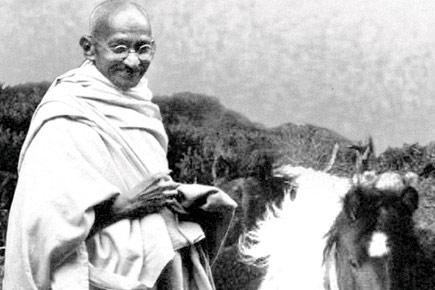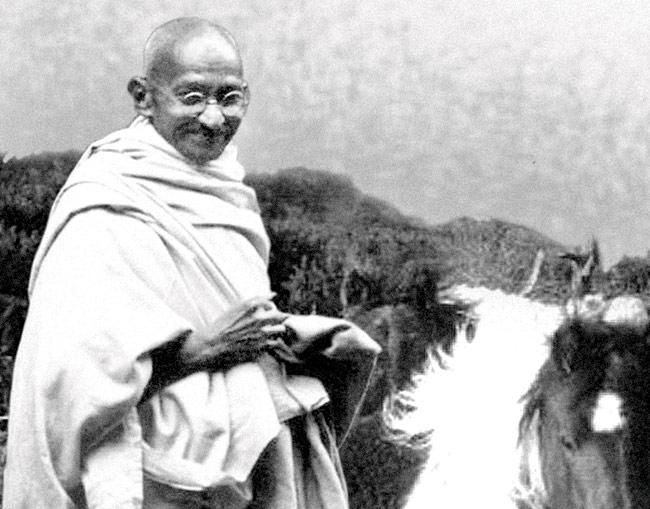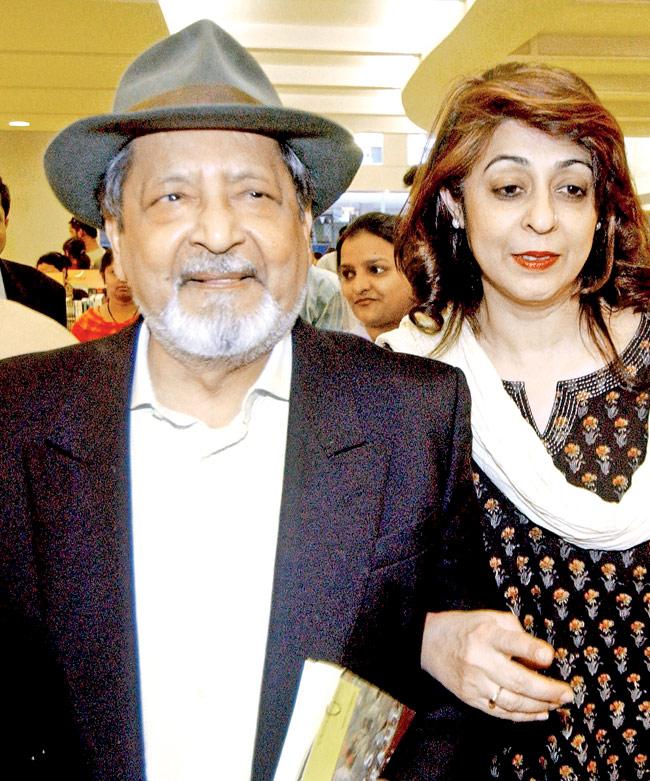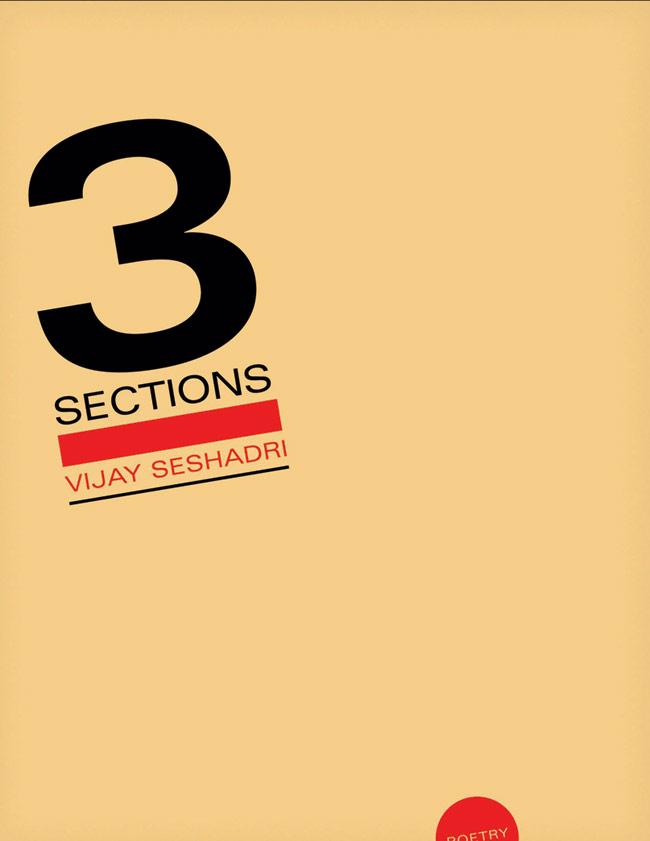Vijay Seshadri is the first Indian American to win the Pulitzer Prize as a poet. In a Skype interview with Kanika Sharma, he speaks on all things Indian, his poetic influences and his love for VS Naipaul, among others

Mahatma Gandhi
Q. Please tell us about your Indian background.
A. I was born in Bangalore in 1954. My father came to America to get a PhD in Physical Chemistry when I was five years old. He spent four years doing that and returned to India. But he had received a post-doctoral fellowship at the National Research Council in Canada and so we all moved there. After two years, we moved to Columbus, Ohio. My mother kept an Indian household. So, the connection to India was remote (as going back to India was prohibitively expensive) and came in the form of an aerogram. I didn’t return to India again until 1966 and then, I didn’t return until 1990. I went back a few times to Bangalore because I wanted to show India to my son. The culture is so powerful that I carried it around with me.
What remains of India is the moral habit of mind, the nature of Indian morality. Of course, I grew up on South Indian vegetarian cooking. I know how to cook the typical South Indian stuff — idlis, dosas, all kinds of kuttus, the sambars and rasams. I can also make certain fancy things such as gulab jamun from scratch.
ADVERTISEMENT

Q. Did your Indian background influence your poetry?
A. I think it does. When I published my first book, there were lots of young Indian professionals who associated with it. I read with Shashi Tharoor while he was at the UN, and a novelist. We had a question-and-answer session where a young woman declared, “There doesn’t seem to be anything about India in your writing”. I told her, ‘Well, India, in my writing, is like god in Pascal’s universe.’ It is omnipresent but nowhere apparent. It’s an invisible force in my poems.

VS Naipaul with wife Nadira
Q. How did you become a poet?
A. I fell in love with poems as a 16-year-old student. I loved poems by WB Yeats, Adrienne Rich, and certain young American poets, and I kept reading more. That love was inspiring. Then, there was only a short step from that to writing them myself. Slowly, it took a hold on me to the point where I didn’t want to do anything else.
Q. Indian history fascinates you. Do tell us more.
A. I am stirred by Indian history especially the Indian Independence movement. While I was in a PhD programme at Columbia University, I studied cultures related to Urdu and Persian. As an adult, I learnt the language as I am interested in Classical Urdu literature. But what really interested me was 20th century Indian history, particularly Partition, for which I lived in Lahore.

3 Sections, Vijay Seshadri, Graywolf Press, price available on the website. Available at amazon.in.
Q. Why did you go to Pakistan when you were trying to understand modern Indian history?
A. For me, Pakistan and India don’t hold that alienation. My father asked me the same question: ‘Why are you going to Pakistan?’ ‘Well, you know Gandhi was on his way to Lahore when he got assassinated. And I thought I’d go in his place (chuckles).’ I lived in the old city of Lahore in a house of pious Sunnis. It was the year after Benazir Bhutto came back. There was a Hindu temple at the end of the gully. The family I lived hailed from Meerut. While staying there I noticed the Indian architecture around. As it was getting colder, a young woman in the family, Nusrat was putting heavy blankets to keep the kitchen warm. They put this up every year at the same time, she told me. I asked her, ‘How do you know?’ She replied, ‘Diwali ke baad.’ And they retained that memory — the fact that everyone participated in the other’s festivals is
what Nehru called the composite culture.
Q. In ‘Thought Problem’ you are speaking of ‘how strange would it be if you met yourself on the street’. There seems to be a probe for your own sense of belonging. Would you call it diasporic by any chance?
A. No, no. I am an American poet. On the website of the New Yorker, there’s this little thing about me by Alice Quinn, also my editor, who describes my poetry in the most accurate way it should be understood. When I was publishing a lot in the New Yorker, she was a great sort of editorial champion of my work. She kind of puts me in a lineage along with Robert Frost, Robert Lowell, Elizabeth Bishop, and John Ashberry and that is really where I belong.
I don’t think of a home as anywhere in the world. We, as human beings, are homeless in the universe in some way. We can look to god but that’s about it. There’s nothing in between.
 Subscribe today by clicking the link and stay updated with the latest news!" Click here!
Subscribe today by clicking the link and stay updated with the latest news!" Click here!






